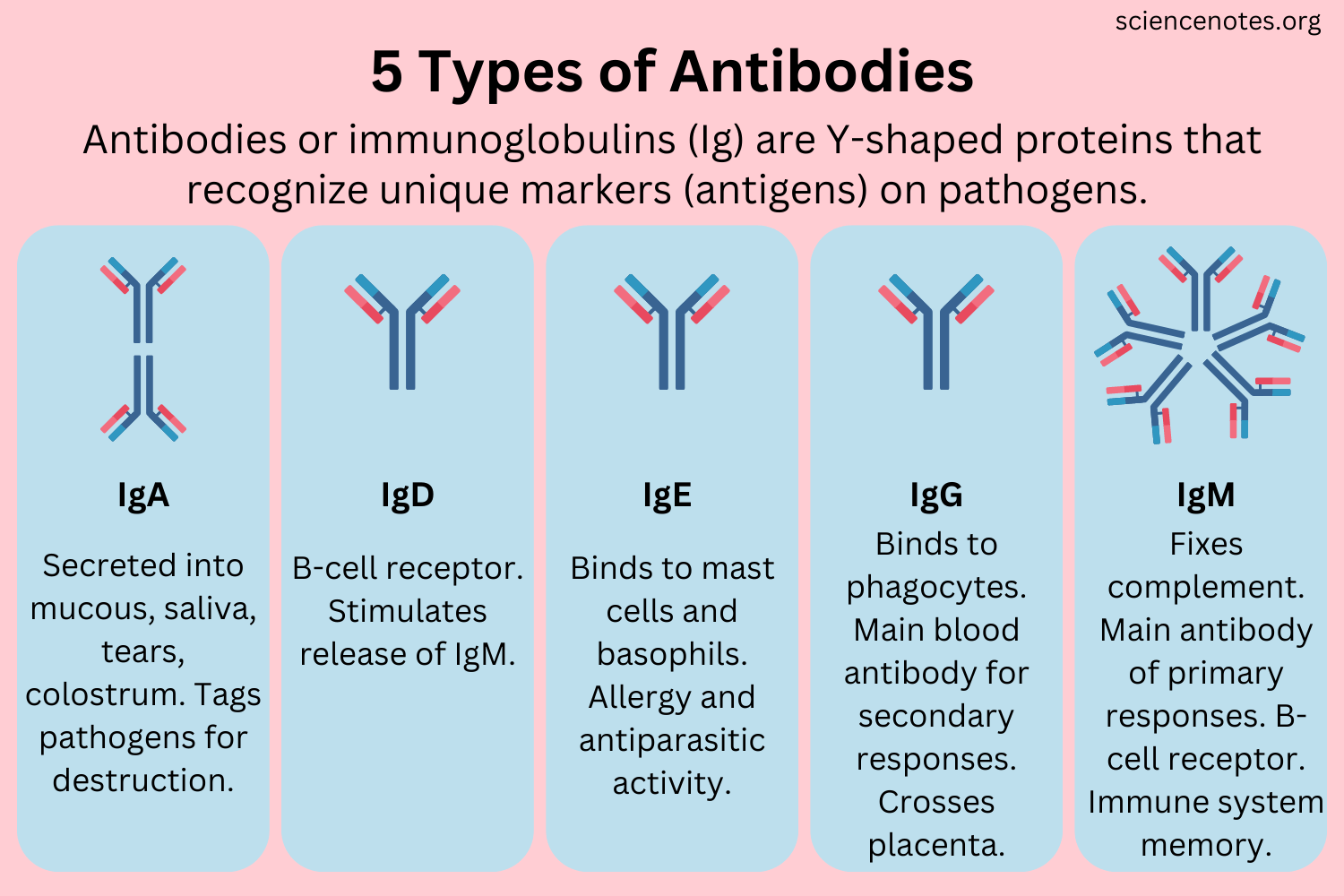Important Facts For Prelims
Japanese Encephalitis
- 14 Mar 2023
- 5 min read
Why in News?
A study conducted in Gorakhpur district, India, involving 266 children vaccinated with the Chinese SA-14-14-2 vaccine (a live, attenuated vaccine) for Japanese encephalitis, found very low levels of neutralising antibodies IgG at different time points after vaccination.
- However, the study did not measure cell-mediated immune responses (T-cell immune responses)
What does the Study on Vaccine for Japanese Encephalitis Suggest?
- About:
- The study found that seroprotection against the virus decreased in the vaccinated children.
- Seroprotection is an antibody response capable of preventing infection, e.g., after a vaccination or a previous infection with a microorganism.
- Nearly 98% of the children who received the vaccine did not have any IgG antibodies against the virus.
- Similar results were seen in a study carried out in Bangladesh, where children were immunised with the Chinese vaccine.
- The study found that seroprotection against the virus decreased in the vaccinated children.
- Comparison with Other Vaccine:
- In contrast, a trial carried out using an inactivated vaccine (Jenvac), developed by Bharat Biotech in collaboration with NIV Pune has found superior protection at the end of two years even with a single dose.
- Jenvac has been approved as a single-dose vaccine.
- The November 2020 trial found that two doses of Jenvac produced more antibodies than two doses of the Chinese vaccine.
What is Japanese Encephalitis?
- About:
- Japanese Encephalitis (JE) is a viral infection that can cause inflammation in the brain.
- It is caused by a flavivirus that belongs to the same genus as dengue, yellow fever and West Nile viruses.
- Japanese encephalitis virus (JEV) is also a major cause of Acute Encephalitis Syndrome (AES) in India.
- Japanese Encephalitis (JE) is a viral infection that can cause inflammation in the brain.
- Transmission:
- The disease is transmitted to humans through bites from infected mosquitoes of the Culex species.
- These mosquitoes breed mainly in rice fields and large water bodies rich in aquatic vegetation.
- Treatment:
- There is no antiviral treatment for patients with JE.
- Treatment, available, is supportive to relieve symptoms and stabilise the patient.
- There is no antiviral treatment for patients with JE.
- Prevention:
- Safe and effective JE vaccines are available to prevent the disease.
- JE vaccination is also included under the Universal Immunisation Program of the Government of India.
- Safe and effective JE vaccines are available to prevent the disease.
What are Antibodies?
- About: An antibody is a protein produced by the body's immune system when it detects harmful substances, called antigens.
- Types: There are 5 types of heavy chain constant regions in antibodies (immunoglobulin) and according to these types, they are classified into IgG, IgM, IgA, IgD, and IgE.
UPSC Civil Services Examination, Previous Year Question (PYQ)
Q.1 Which one of the following statements best describes the role of B cells and T cells in the human body?(2022)
(a) They protect the environmental allergens. body
(b) They alleviate the body’s pain and inflammation.
(c) They act as immunosuppressants in the body.
(d) They protect the body from the diseases caused by pathogens
Ans: (d)
Q.2 Consider the following statements: (2017)
1. In tropical regions, Zika virus disease is transmitted by the same mosquito that transmits dengue.
2. Sexual transmission of Zika virus disease is possible.
Which of the statements given above is/are correct?
(a) 1 only
(b) 2 only
(c) Both 1 and 2
(d) Neither 1 nor 2
Ans: (c)





